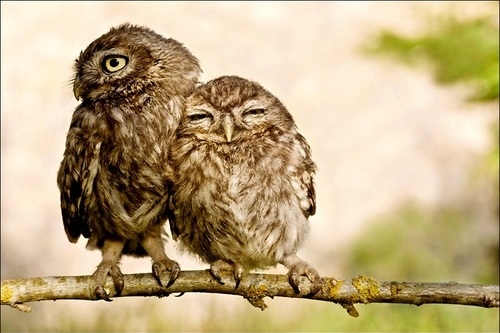Do animals enjoy sex?
Arguably, sexual pleasure plays a dramatic role within human society. Due to our civilised nature, we as humans do not have to worry about reproduction. Our sophistication within the natural world has placed us at the top of the hierarchy meaning that the continuation of our species is more than likely. But what about the animals of this planet? Do they like humans experience sexual pleasure, do they even crave for the situation to arise which will satisfy their sexual desires?
Of course, there has been numerous research projects undertaken by scientists across the globe in their efforts to solve this mystery. In order to begin to discover whether or not animal’s experience pleasure that could compare to sex, low key studies into animal behaviour must be undertaken. For example, in 2001 a study by Jeffrey Burgdorf and Jaak Penskepp discovered that laboratory rats enjoyed being tickled and would actively seek out this sensation. This brings about the question on whether the same desire would be triggered in relation to sexual experience. To determine such, studying certain instances of sex would be helpful. This could include sexual acts between different age groups, sex occurring outside of the purpose of breeding and even same sex relationships.
“but what about the climax?”
Bonobos for instance experiment with animals of the same sex; a non conceptive sexual act which distinguishes itself from the biological need for reproduction. White Faced Capuchin monkeys also engage in sex in a similar manner. Primatologists have discovered that female solicitation of males by this specific group are sometimes separate from reasons surrounding fertility. Instances such as pregnancy and the period of lactation after birth make conception impossible yet some females will actively engage in sexual acts. If the biological need has been made impossible, the assumption is that the female desires to have sex recreationally. But it is not just primates that extend the biological constraints of sex. Lionesses may procreate up to one hundred times per day over the week in which they ovulate. This is more sex than needed to conceive so again the assumption is that the lion is seeking sex presumably for personal pleasure. Cougars and leopards have also been known to do this. Remaining in the realm of the big cat world, cheetahs have been found to engage in foreplay by licking their partners genitals as part as their courtship ritual. Goats, hyenas and sheep have also been found to do this. A NASA funded study in the 1960’s saw a male adolescent dolphin masturbate creatively by wrapping a live eel around its penis, thereby showing a desire for pleasure outside the evolutionary discourse.

Image: flickr.com
Intercourse, foreplay and experimentation outside the boundaries of reproduction all seem to play a part within the animalistic realm of sexual pleasure but what about the climax? Within that term of pleasure is the assumed role of the orgasm. Do animals orgasm and is this the motivation that drives them to seek out sex. A study on the macaque primate showed that females experienced physiological reactions which signified orgasm. These included body movement, grasping of the male as well as an increased heart rate and vaginal spasms. Interestingly, orgasm was shown to be more likely if the male copulating with the female was higher than her in the social structure of the group. This suggests that social hierarchy can be important within the presence of animal orgasm. Despite such studies, an animal cannot inform us whether or not orgasm occurs therefore the answer will always to some extent remain uncertain.
Regardless of whether or not animals experience pleasure is their place in the aforementioned natural hierarchy. Animals have more to worry about in the wild than humans do so recreational sex will not always be at the top of their priorities list. Mark Bekoff, a biologist at the University of Colorado admits that sex and its relation with pleasure originate from the most primitive parts of the brain therefore both man and beast will experience similar sensations of pleasure but it is the differences in vulnerability which differentiates the two. Bekoff uses the example of wolves. Wolves abstain from sex for more than half the year so does that mean it is unpleasant? No. The fact is that wolves engaged in sex are more vulnerable. The male does lock into the female for at least half an hour. There is also the continuation of family to consider. If wolves procreated in summer, their cubs would be born in the middle of winter which would limit rates of survival. Animals may enjoy sex, they may actively seek to satisfy their insatiable desire for pleasure but evolution will always take the superior stance. Reproduction and the continuation of a species will triumph over an animal’s pleasure but that is not to say that this enjoyment does not exist.


